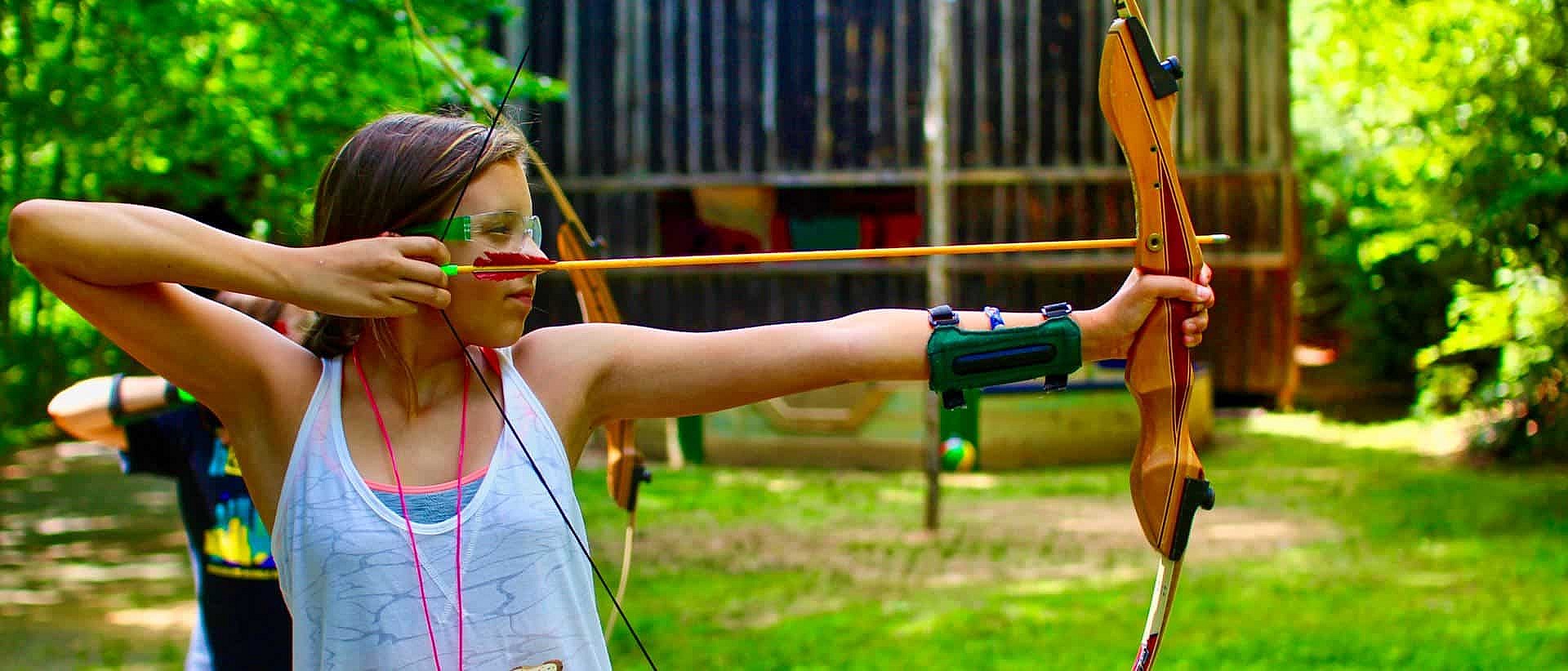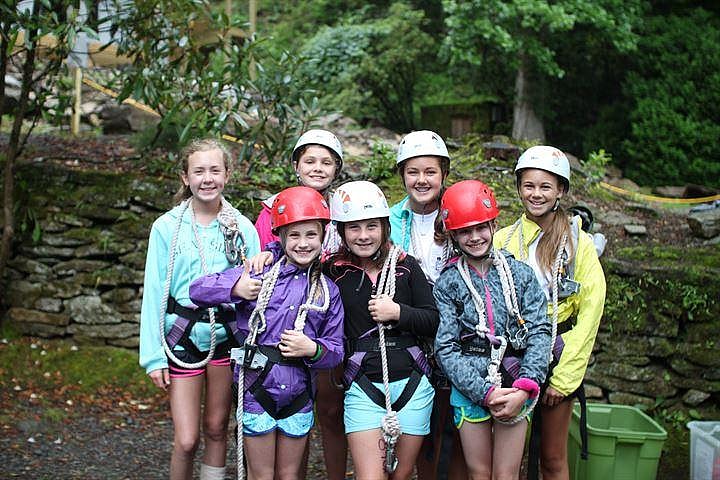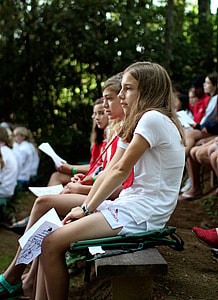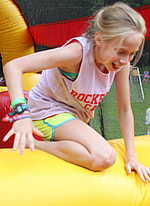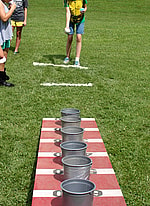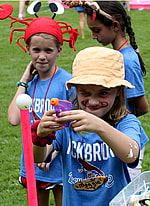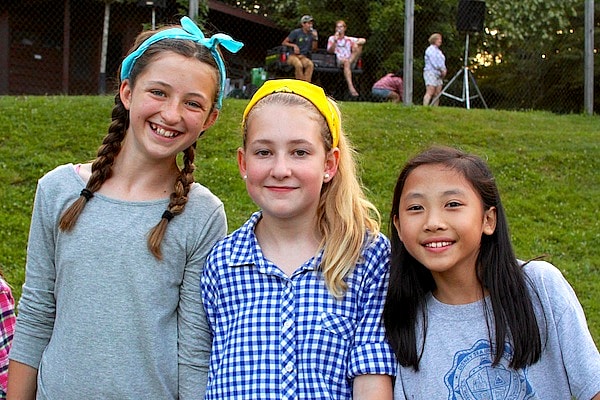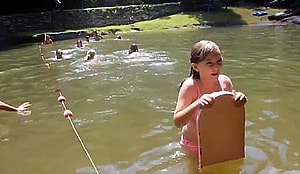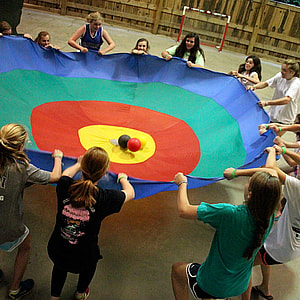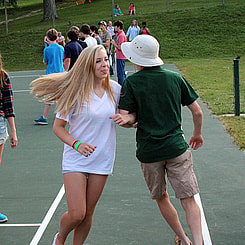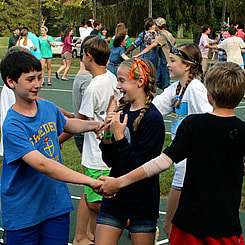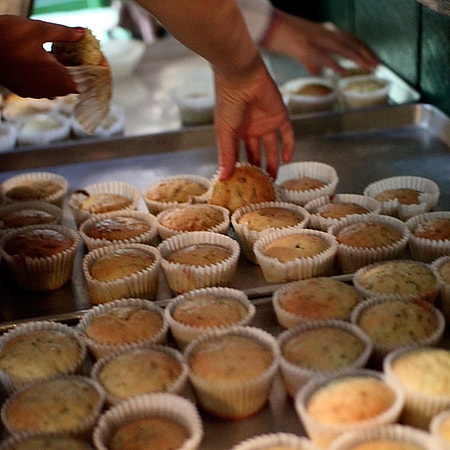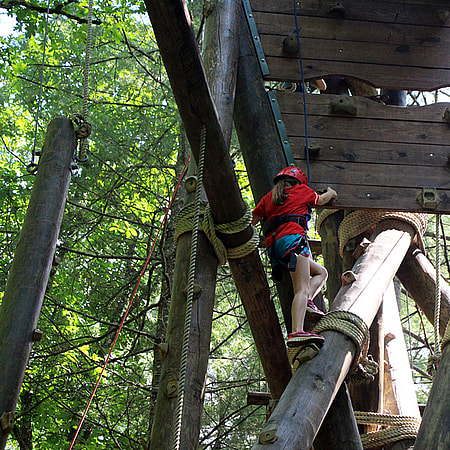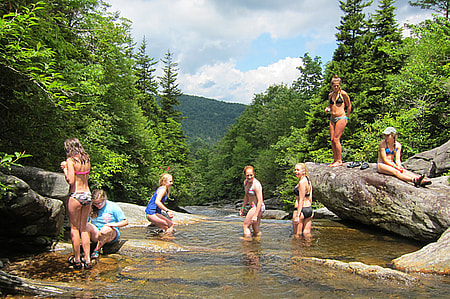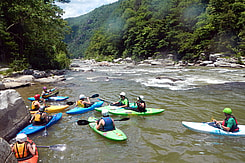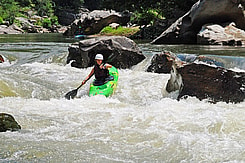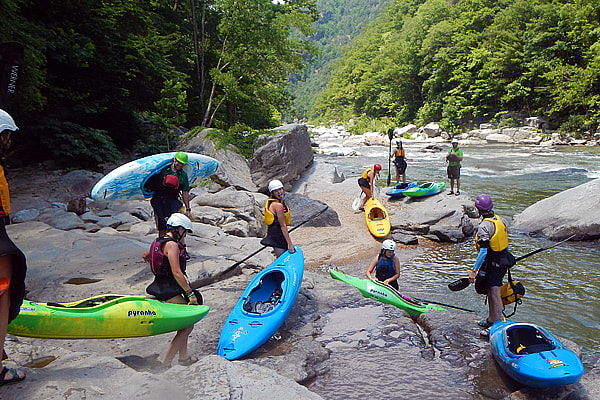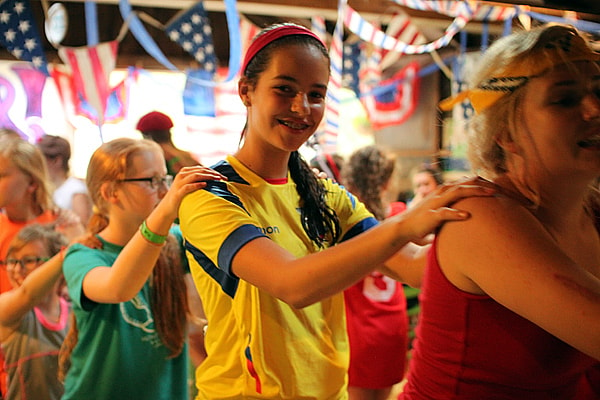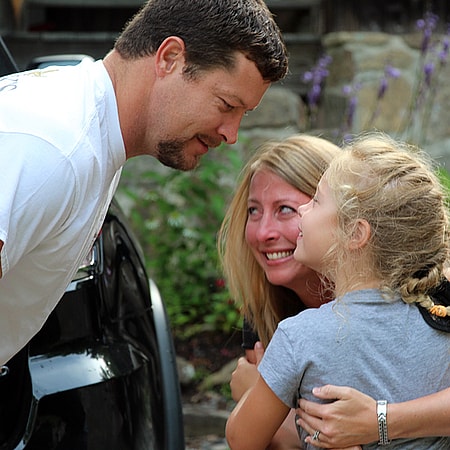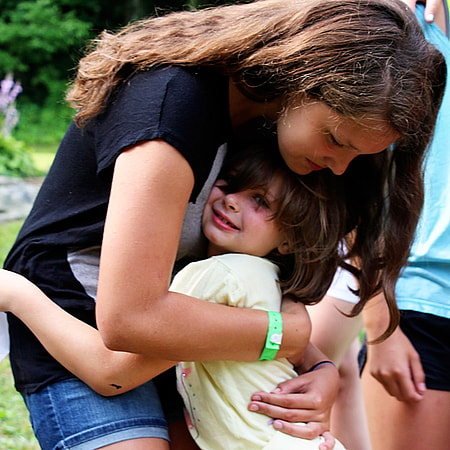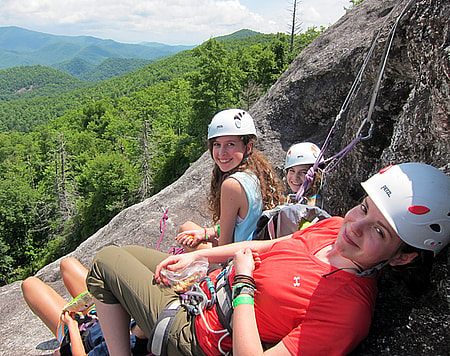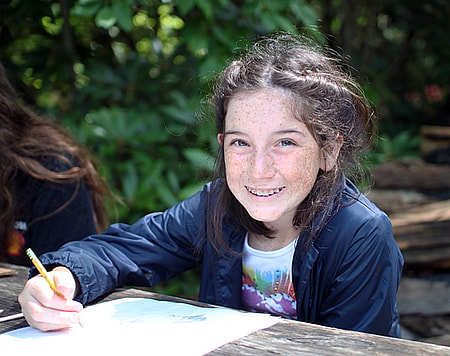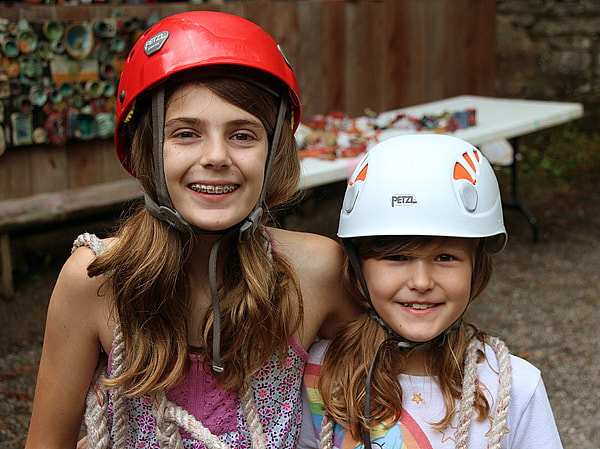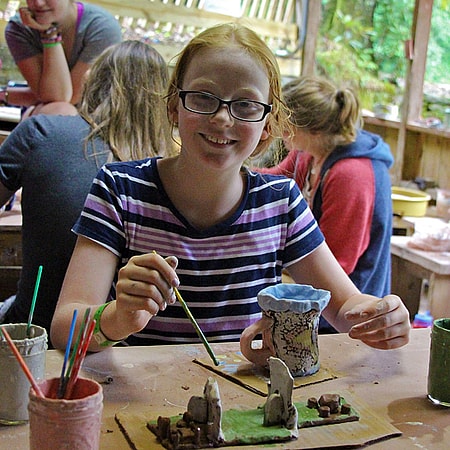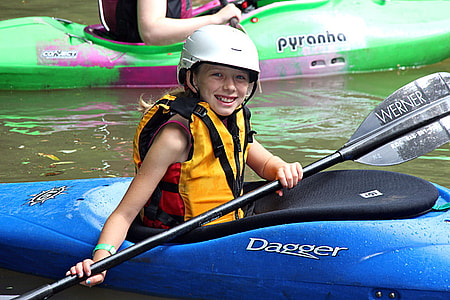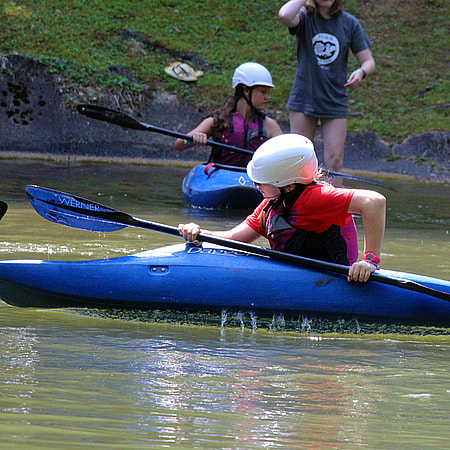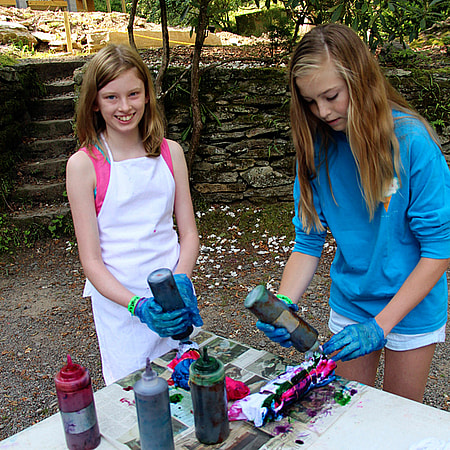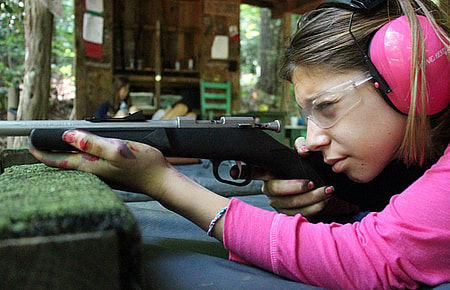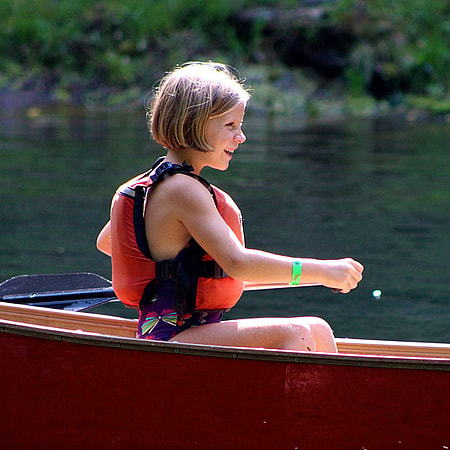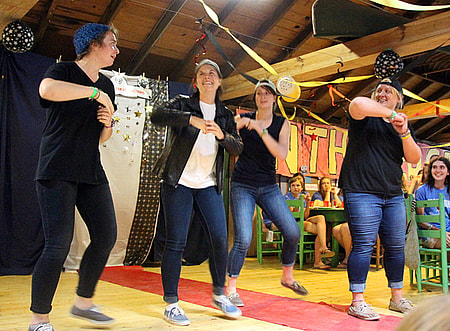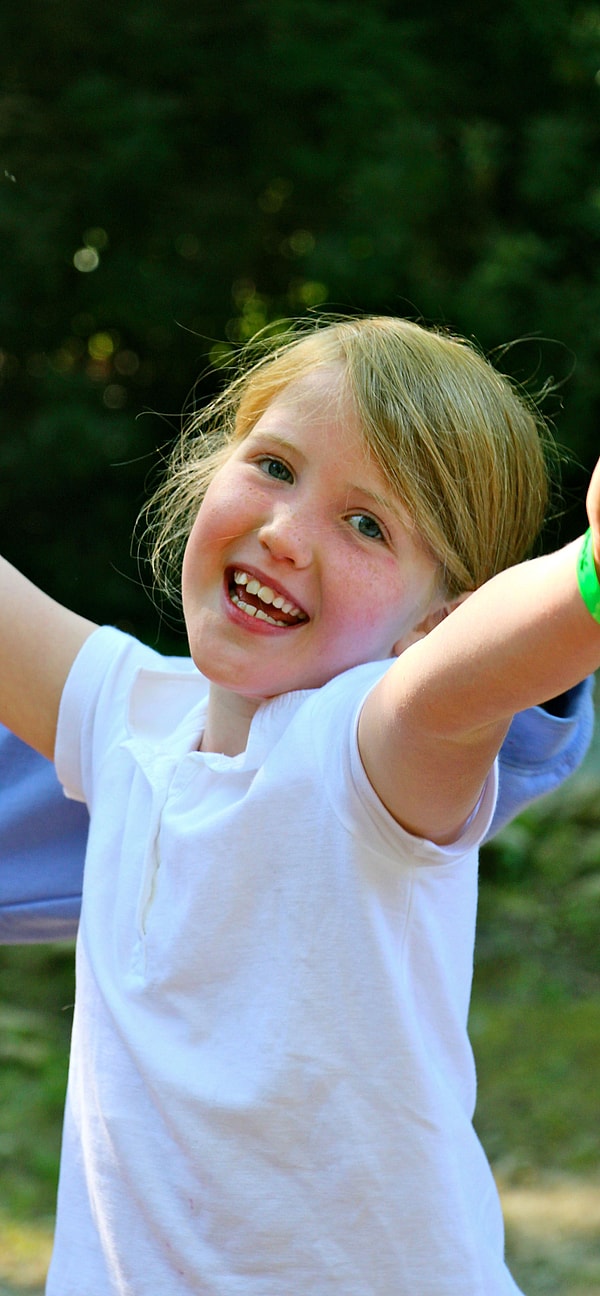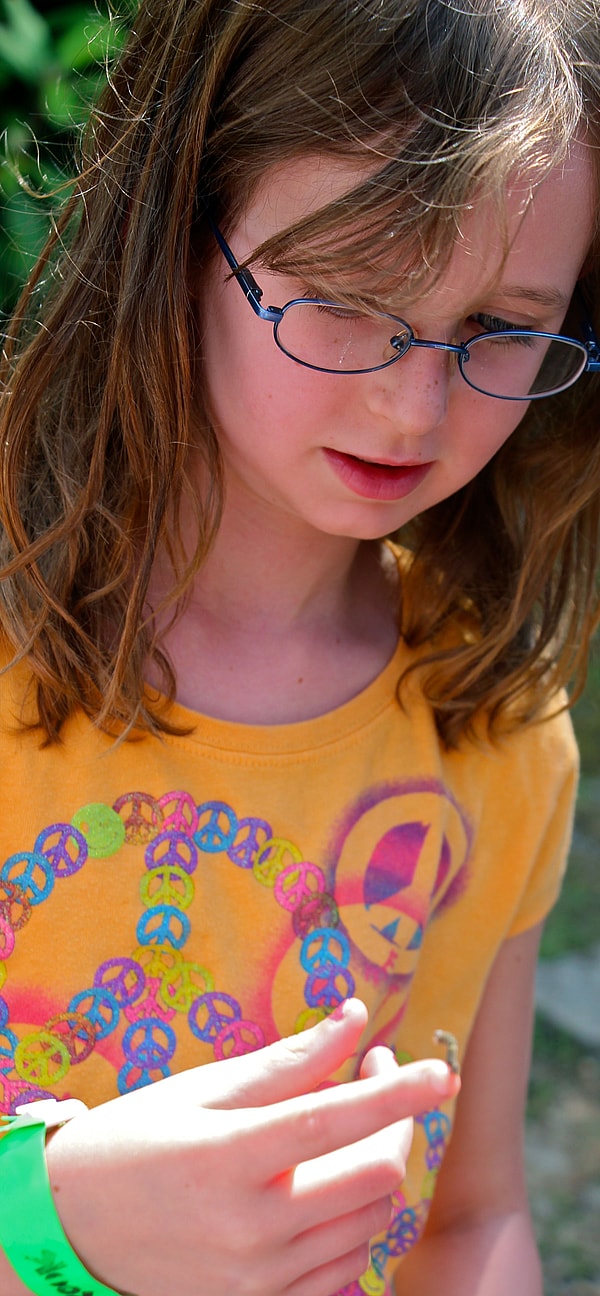It has always been part of Rockbrook’s mission to go beyond simply entertaining our campers and to focus also on how we can provide more lasting benefits to the girls who attend camp. We certainly work to make sure everyday here includes something delightful, surprising and fun. If you merely look at the variety of activities available, all the free time options, and daily special gatherings (Twilight periods, Evening Programs, dining hall skits, assemblies, and all-camp events), it’s clear Rockbrook girls are having a blast. They’re outside, they’re actively engaged with creative, adventure, and athletic interests, and they’re laughing their heads off along the way.
But of course camp is much more than a series of amusements. It’s almost cliché to say it— partly because we (and others) talk about it a lot! —but there’s no doubt that a positive sleepaway camp experience helps build important character traits that serve children well later in life, traits like those “21st Century Skills” you may have heard about: Communication, Confidence, Compassion, Cooperation, Collaboration, Creativity, Courage, and so forth.
There are many aspects of camp life one could name that contribute to this transformative power: its emphasis on positive human relationships and the friendly, tight-knit community we enjoy, coming immediately to mind. There’s a starting point, however, I would say even a prerequisite to this character growth, something that if missing will reduce the camp experience to merely a vacation, or some other fleeting form of entertainment.
At the most fundamental level, camp is a powerful environment for character development because to provides children an opportunity to act independently. On a daily basis, kids at camp can exercise their independence. Without being tightly managed by parents or teachers, they get to make their own choices about what they’ll do, where they’ll go and ultimately, who they’ll be. This is quite a lot of freedom for kids when you think about it, and it might even make a parent nervous! What if she doesn’t brush her hair, or wears the same dirty shirt over and over again!? What if she doesn’t take tennis and finds rock climbing more her style? What if she stays up late and sleeps less (or more!) than usual? What if the freedom of camp meant “Do whatever you want?”
This would be a legitimate worry if not for the structure of camp life. Keep in mind that at camp the campers can’t do simply anything they chose. The freedom camp provides to act independently without parental authorization comes with significant limitations as well. There are, for example, clear procedural rules at camp— a daily schedule of activities, safety protocols, and how to clear dirty tableware after a meal, to name a few. Perhaps even more importantly, there are likewise social expectations where the girls realize the importance of treating each other with kindness, caring, generosity, honesty, and respect, for example. The camp environment, our culture and community, is built upon the support of these structural and social limits, and the camp staff, our cabin counselors primarily, serve as nurturing role models who embody the ideals from which they are derived.
What we have at camp is freedom with limitations, or to put it differently, independence with responsibility. This is important because one without the other would critically fail our campers’ developing character. At one extreme, unstructured independence would lead to an “anything goes” form of chaos, and kids would fail to grapple with the 21st Century skills mentioned above. At the other extreme, rigidly scripted behaviors would rob kids of their decision making power leaving them with mere recipes for life poorly suited to cope with the complexities of a changing world.
Camp life finds that balance by providing girls the freedom to make their own choices while also taking great care to guide those decisions appropriately. And it’s this balance that teaches kids how to be responsible. So while she’s choosing to go whitewater rafting, or to spend a quiet afternoon decorating a memory box in KIT, or perhaps chatting with a friend on the hill after dinner instead of taking a shower, she’s exploring how to act responsibly as well. By absorbing the positive values of camp— things like respect for others, appreciation of Nature, and courage to try new things —she’s developing qualities that will help her navigate responsibly in the future.
Well, I may have gotten a little carried away here, but I wanted to report that your girls aren’t just eating pancakes on the hill in their PJ’s, or learning to build a fire, or blasting through the Nantahala Falls, or singing ’till their their throats hurt, or zipping down sliding rock— all things we enjoyed today. They’re making independent decisions all day long, and you’d be very proud, maybe even a little surprised, to see how confidently and responsibly they are making their way.

